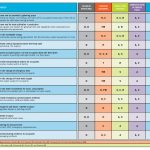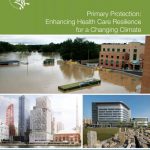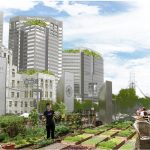
As part of the launch of the Trust for Public Land [TPL] Climate Smart Boston program, Perkins+Will underwrote and Janice Barnes spoke at the event in November 2016. TPL previewed their Climate Smart Cities Toolkit. Panelists included: Austin Blackmon, Chief of Environment, City of Boston who spoke about the importance of maintaining focus on climate... Read more »










